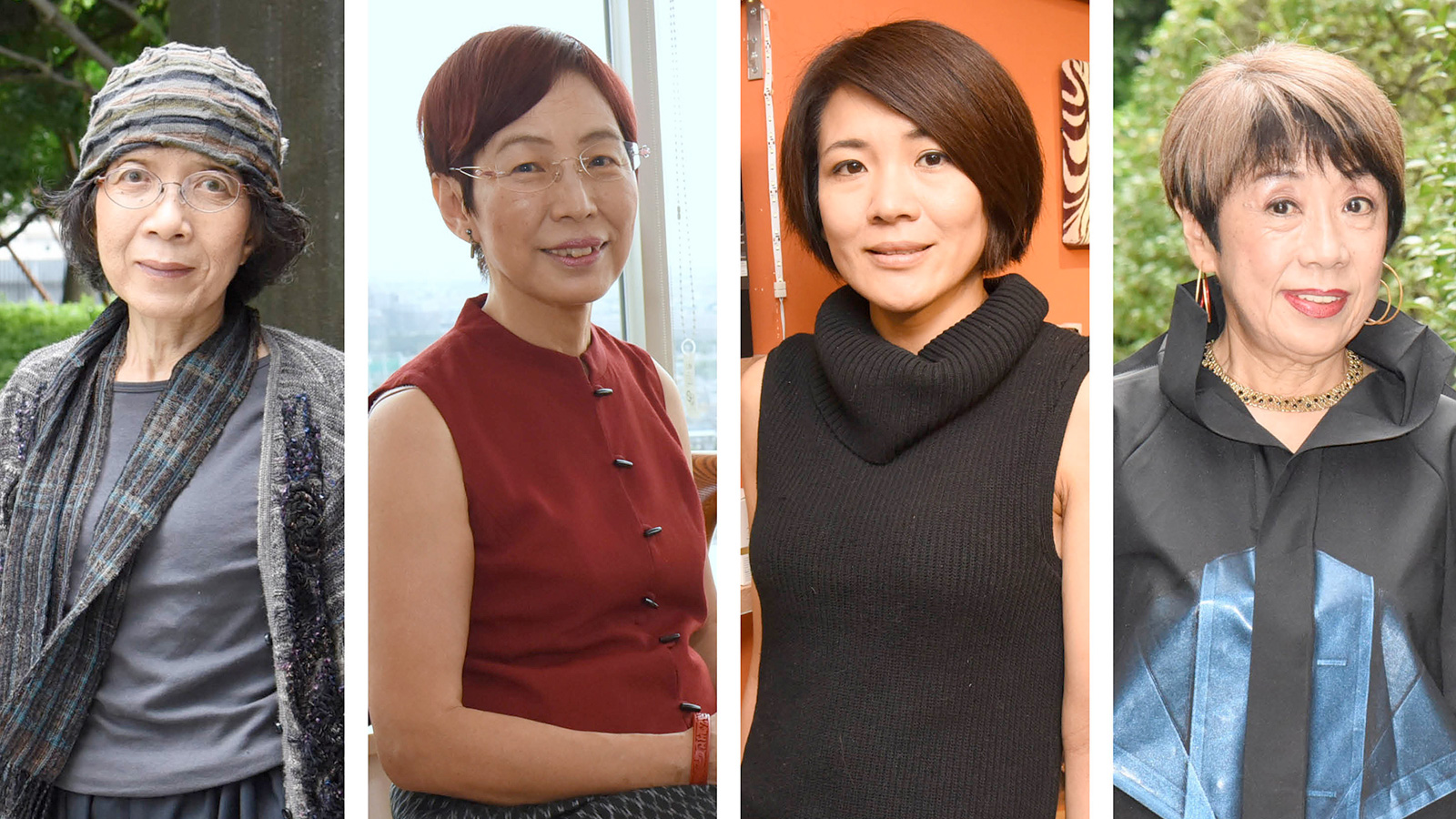On Oct. 21, 1970, hundreds of women marched through the streets of Tokyo, an occasion that is often referred to as the birth of the women's liberation movement in Japan.
The movement, called ūman libu (women's lib) in Japanese, was eventually adopted by women who embraced the concept of feminism, striving to define, establish and achieve political, economic, cultural, personal and social rights for women.
It's based on the principle of the "personal" being "political," and manifests itself in such diverse issues as marriage and abortion to the U.S. military presence in Okinawa and the "comfort women" who were forced into sexual servitude in wartime military brothels.



















With your current subscription plan you can comment on stories. However, before writing your first comment, please create a display name in the Profile section of your subscriber account page.